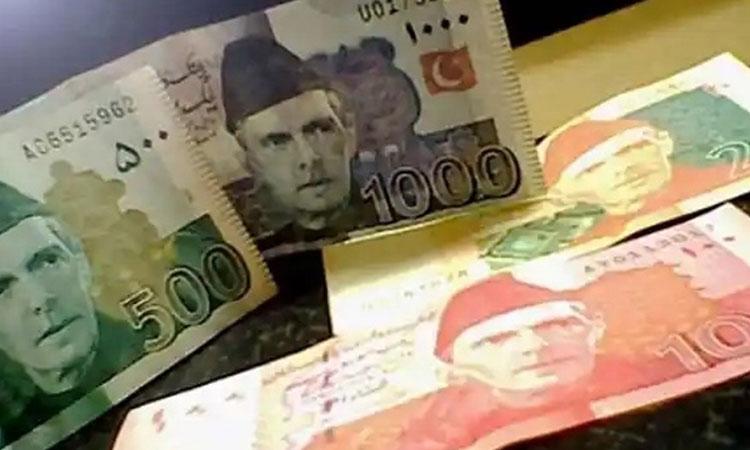The Pakistani currency maintained a freefall for a second consecutive day, plunging by a fresh 4.78 per cent (or Rs 12.87) to a new all-time low of Rs 268.30 against the US dollar on Friday, media reports said.
On Thursday, the currency recorded the single largest slump in a day of 9.61 per cent (or Rs 24.54) to Rs 255.43 against the greenback. Accordingly, the rupee has recorded a cumulative drop of almost 14 per cent (or Rs 37.41) in just two days, Express Tribune reported.
The currency saw a steep fall following the government ending its control over the rupee-dollar exchange rate and letting market forces determine it under an International Monetary Fund (IMF) condition, it reported.
Also read |Investigators checking for mechanical issues in Tesla crash involving Indian-American
Pakistan is all for reviving the stalled IMF loan programme of $6.5 billion to avert the looming high risk of default on international payments.
The country's foreign exchange reserves have further depleted by $923 million to an alarming level of $3.7 billion, the central bank said in its latest weekly update on Thursday. The reserves are barely enough for two to three weeks' import requirement, Express Tribune reported.
Besides, Pakistan is scheduled to repay foreign debt worth $7 billion in the last five months (February-June) of the current fiscal year 2023. It will repay another $74 billion in the next three years: FY24 to FY26.
Also read |Two Chinese warplanes entered KADIZ earlier this week: S.Korean military
The revival of the IMF programme will help the country raise a new debt of around $3-$4 billion from multilateral and bilateral creditors soon, including the Fund, the World Bank, and the Asian Development Bank.
Moreover, the rupee devaluation will increase the flow of workers' remittances and export earnings through official channels. This will lead to an improvement in the foreign exchange reserves, Express Trib


















